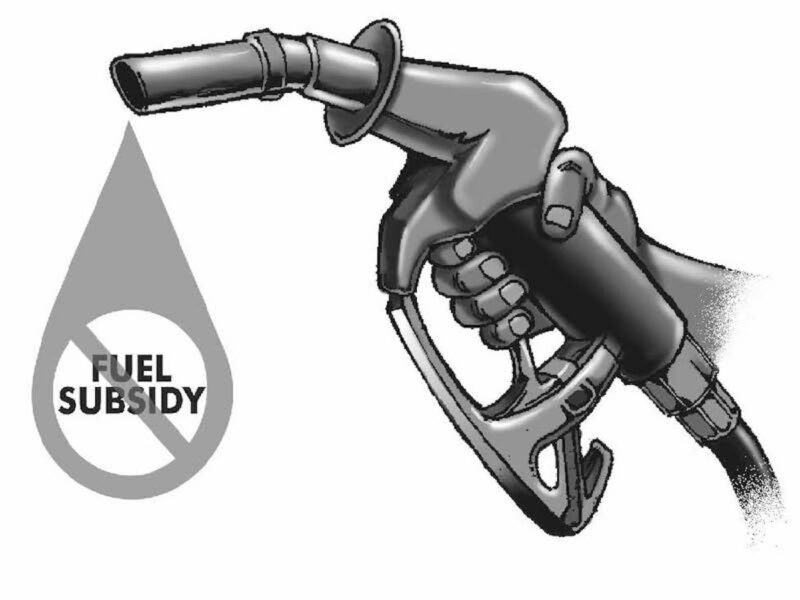National Issues
The Impact of Subsidy Removal on Market Women in Nigeria -By Alli Habeebat Toyin
In a nation known for resilience, Nigeria’s market women have weathered storms and adapted to change. The removal of subsidies may be another test of their strength, but with the right support and interventions, they can overcome these challenges and continue to thrive.

In Nigeria, the vibrant and diverse marketplace serves as a vital hub for commerce and livelihoods. However, the recent removal of subsidy has sparked a heated debate about its effects on the women who drive these markets. While this decision may have aimed at systemic changes, we cannot ignore its impact on the lives of these market women.
Market women in Nigeria are the backbone of local economies. They support their families, contribute to community development, and educate their children. Unfortunately, the removal of subsidy has forced them to grapple with increasing transportation costs, leading to higher prices for the goods they sell. As prices soar, market women are faced with a difficult choice: either accept reduced profit margins and struggle to make ends meet or pass on the burden to consumers, risking decreased sales.
The relationship between subsidy removal and market women’s livelihood extends beyond the markets themselves. In a country where women have historically faced marginalisation, the additional financial strain on market women can perpetuate existing gender inequality. Education and healthcare expenses may become unattainable luxuries, creating a cycle of poverty that affects not only these women but also future generations.
While subsidy removal may be a challenging concept to embrace, policymakers can strive to mitigate its adverse effects on market women through targeted interventions. For example, offering subsidised transportation options or supporting cooperatives to negotiate bulk purchasing can alleviate some of the pressures. Additionally, creating opportunities for financial literacy and business training can empower market women to adapt to these changes while seeking new avenues for growth.
In a nation known for resilience, Nigeria’s market women have weathered storms and adapted to change. The removal of subsidies may be another test of their strength, but with the right support and interventions, they can overcome these challenges and continue to thrive.










